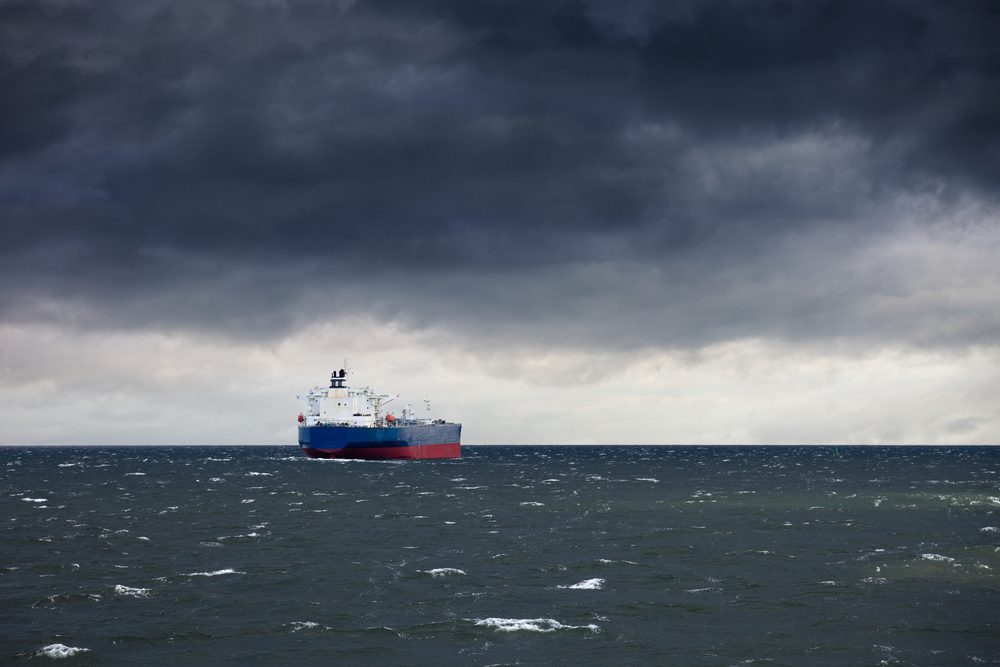Iranian Ship Linked to Houthi Attacks Heads Home Amid Tensions
(Bloomberg) — An Iranian ship that’s been linked to Houthi attacks in the Red Sea is returning home, removing a prominent asset in the area as the Islamic Republic braces...


![]()
![]()
These pressures will probably lead to bankruptcies among smaller unrated shippers and may drive consolidation. The impact, however, is likely to vary by segment, with dry bulk and potentially container shipping most at risk while tanker shipping is likely to fare better.
China is a key player in global trade, accounting for two-thirds of global iron ore imports, 20% of world coal imports and 16% of global oil imports. Asia (primarily China) was responsible for 40% of container import volumes in 2014. China’s slowing growth will therefore significantly cut demand for shipping services, while oversupply is rife in all segments except tanker shipping. This will put further pressure on freight rates. With iron ore and coal representing well over half of the seaborne dry bulk demand, dry bulk shipping is most exposed to the transition of the Chinese economy. China’s coal imports plummeted by 15% in 2014 and a further 32% year-on-year in the first eight months of 2015. Its iron ore imports were marginally down in the first eight months of this year.
Despite the increased scrapping of dry bulk vessels this year, the segment performed poorly with the Baltic Dry Index average for the year to date at its lowest in 10 years. Several small dry bulk shipping companies have filed for bankruptcy and more are likely. The companies are also adapting to harsh sector fundamentals through consolidation as shown by the potential merger of two large Chinese shipping groups – China Ocean Shipping (Group) Company (COSCO) and China Shipping (Group) Company, which are involved in various shipping segments.
Weaker data on exports and manufacturing in China and its economic transition increase uncertainty for container shipping. We expect global container demand growth to moderate to between 2% and 4% this year compared to our previous forecast of 4%-5%. The year-to-date average of the China (Export) Containerised Freight Index, which is a measure of freight rates, is down 16% compared to the same period last year. The supply/demand imbalance will be exacerbated by container shipping companies continuing to order mega-vessels. Because of their size, these vessels are largely limited to the Europe-Asia trading lane, contributing to the overcapacity.
We expect tanker shipping to be more resilient to China’s slowdown than other shipping segments due to better supply-demand fundamentals as a result of a more disciplined capacity growth in 2014-2015. Freight rates rebounded, supporting stronger financial performance of tanker shipping companies in 2014 and 1H15. The fall in oil prices has also strengthened demand despite slowing growth, with China’s oil consumption increasing 2.6% in the first eight months of this year.
The above article originally appeared as a post on the Fitch Wire credit market commentary page. The original article can be accessed at www.fitchratings.com. All opinions expressed are those of Fitch Ratings.
(c) Copyright Thomson Reuters 2015.
Join the gCaptain Club for curated content, insider opinions, and vibrant community discussions.


Join the 105,944 members that receive our newsletter.
Have a news tip? Let us know.
Access exclusive insights, engage in vibrant discussions, and gain perspectives from our CEO.
Sign Up




Maritime and offshore news trusted by our 105,944 members delivered daily straight to your inbox.



Essential news coupled with the finest maritime content sourced from across the globe.
Sign Up